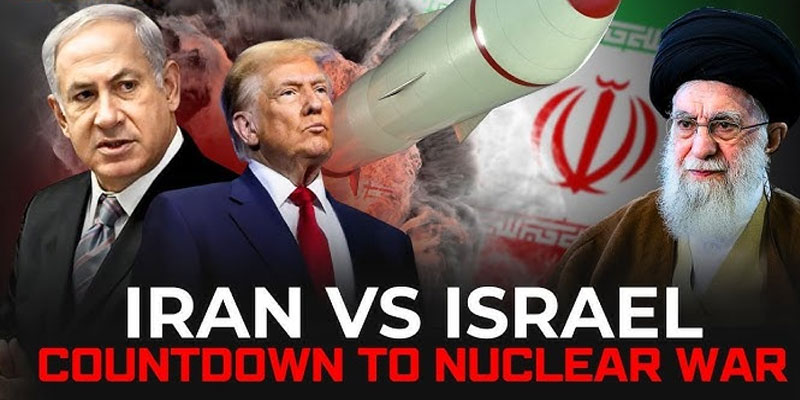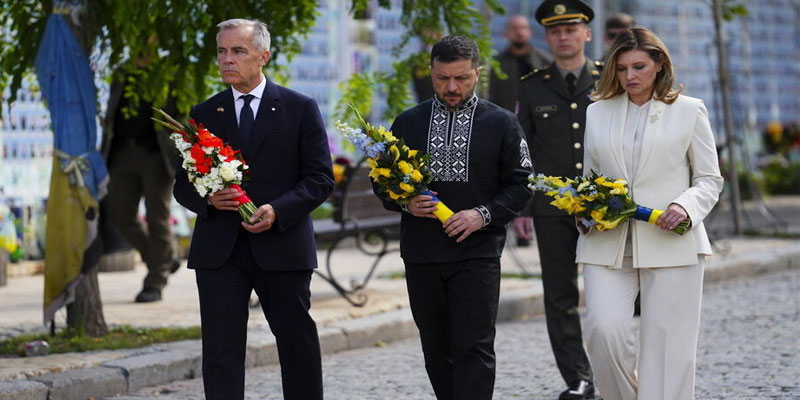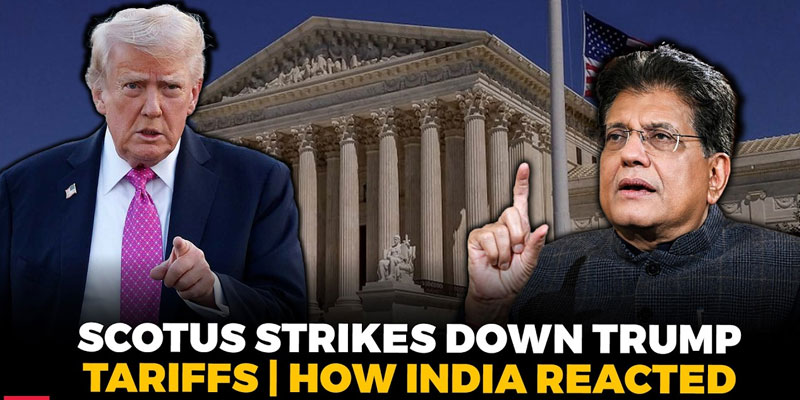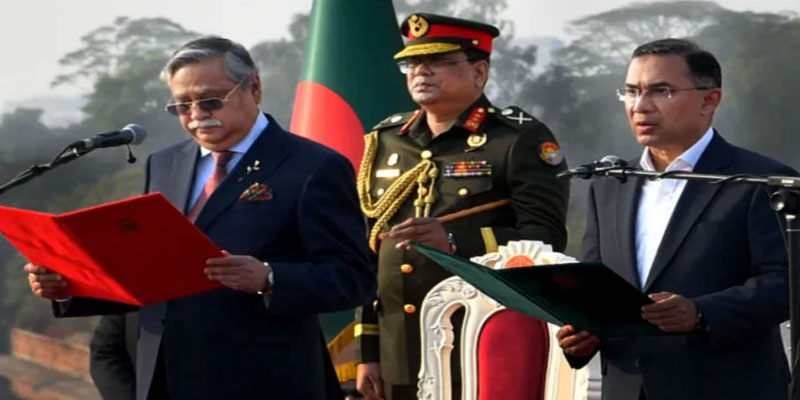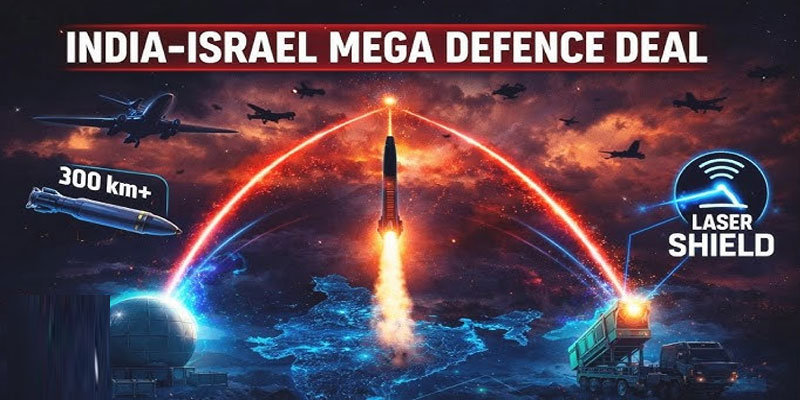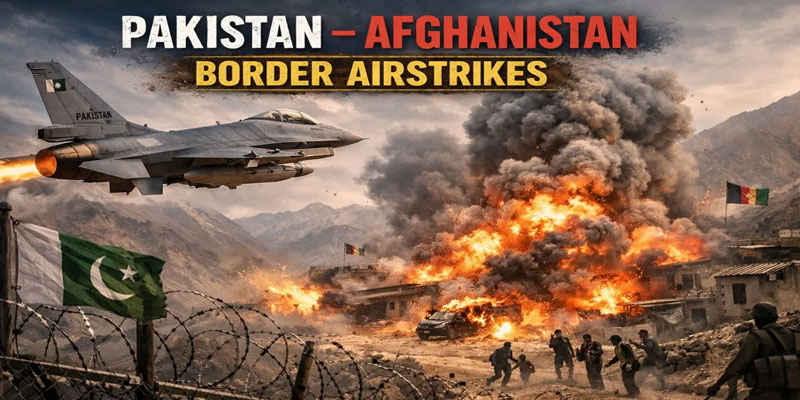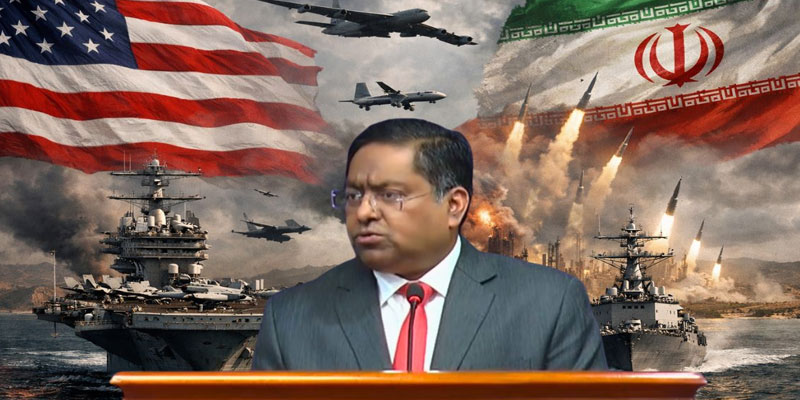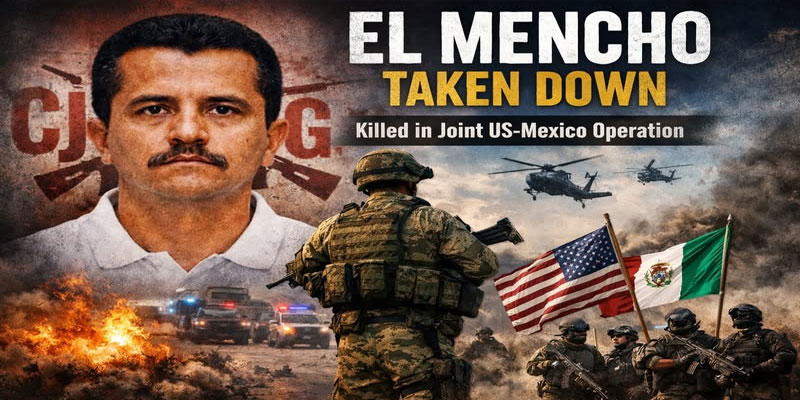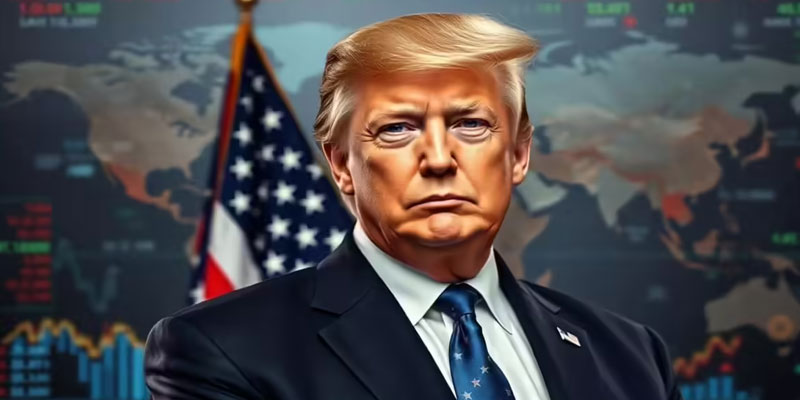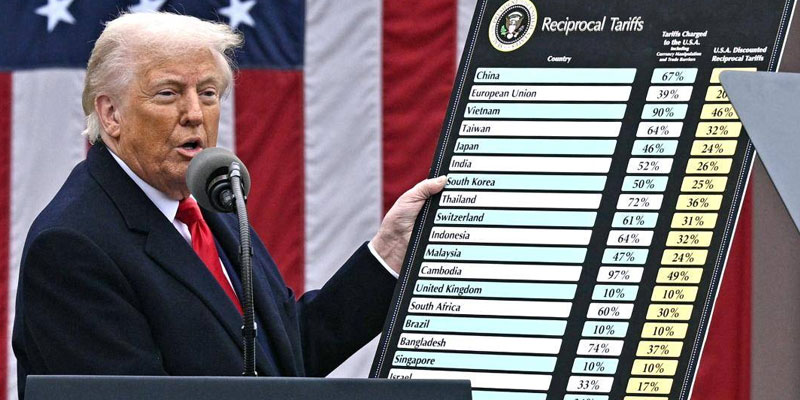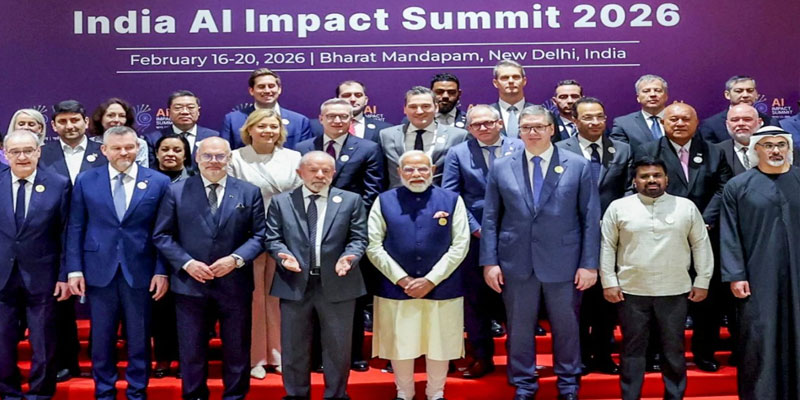The Tipping Point of a Regional Conflict
Tensions in the Middle East have exploded into one of the most dangerous military confrontations in decades. Israel and Iran have exchanged lethal missile and air strikes, leaving hundreds dead and key infrastructure in ruins. As of Thursday, June 19, the conflict has reached a critical juncture, with Israeli forces decimating large segments of Iran’s military leadership and nuclear infrastructure, while Iran has struck back with powerful missile salvos that have hit multiple Israeli cities, including Tel Aviv. Amid the chaos, U.S. President Donald Trump has yet to clarify whether the United States will officially join the fight — a decision that could drastically reshape the regional balance of power and push the conflict beyond containment.
Israel’s Offensive: Aiming to Dismantle Iran’s Capabilities
Over the past week, Israel has launched an aggressive military campaign targeting Iran’s nuclear and military facilities. Using precision-guided missiles and aerial bombardments, the Israeli Defense Forces (IDF) have reportedly killed hundreds, including key figures within Iran’s military command. Israeli Prime Minister Benjamin Netanyahu declared that the campaign is “progressing step by step” towards dismantling Iran’s nuclear ambitions — goals widely viewed by Israeli intelligence as an existential threat.
Damage assessments indicate severe degradation of Iran’s nuclear capabilities, though it remains unclear how much of Iran's program has been permanently dismantled. Among Israel’s primary targets were enrichment sites and missile development labs, signaling a broader strategy to cripple Iran's ability to retaliate or rebuild.
Iran Strikes Back: Missile Barrage Hits Israeli Cities
In response, Iran launched a major missile attack against Israeli urban centers, including Tel Aviv, Ramat Gan, Holon, and Beersheba. Civilian casualties have risen, with hospital reports confirming at least two dozen deaths and widespread injuries. Soroka Medical Center in Beersheba sustained “extensive damage,” and officials have asked the public to avoid the area as emergency crews work under dangerous conditions.
A 60-year-old man is reported in critical condition, and trauma centers across the affected cities are operating beyond capacity. Iranian officials framed the attacks as retaliation for what they called “unprovoked aggression,” warning that further escalation by Israel or its allies would be met with more severe strikes.
U.S. at the Crossroads: Trump’s Ambiguity Fuels Global Anxiety
President Donald Trump has remained strategically ambiguous about whether the U.S. will join the war. “I may do it. I may not do it,” he told reporters on Wednesday, echoing a sentiment of calculated unpredictability. However, behind the scenes, sources close to the administration indicate that Trump has expressed support for a limited strike on Iran’s heavily fortified Fordow enrichment facility — a site that would require the use of America’s most powerful bunker-busting bombs.
Despite growing pressure from allies and hawkish voices within his administration, Trump insists that Iran must completely dismantle its nuclear program without preconditions before he considers de-escalation. “We’re not looking for a ceasefire. We’re looking for a total and complete victory,” he declared, framing the conflict as a binary contest between peace through strength or continued defiance.
Senate Democrats have pushed back, insisting any move toward war must receive congressional approval, but Trump’s rhetoric suggests he views the situation as a matter of executive urgency.
Geopolitical Implications: A War That Could Spiral
The U.S. military has already taken preparatory steps. A third Navy destroyer has entered the eastern Mediterranean, and an additional aircraft carrier group is en route to the Arabian Sea. Officially, the Pentagon describes the build-up as “defensive,” but regional analysts warn that such positioning gives Washington the flexibility to pivot quickly into offensive action.
The potential for escalation into a full-scale regional war is growing. Iran’s Supreme Leader Ayatollah Ali Khamenei has vowed to retaliate harshly if the U.S. intervenes, promising consequences “on a scale the U.S. cannot contain.” This, combined with Israel’s overt push for regime change in Tehran, recalls historical wounds in Iran — a nation still haunted by past foreign interventions.
A Moment of Grave Decision
The Israel-Iran war has reached an inflection point. With both nations entrenched in retaliatory cycles and civilian casualties rising, the cost of continued escalation is mounting by the hour. President Trump’s indecisiveness may be a tactical delay, or a sign of internal conflict within U.S. leadership circles. But time is running short.
In this volatile moment, the wisest path forward demands restraint, diplomacy, and a renewed global commitment to nuclear non-proliferation. The alternative is clear — an uncontained war that could consume not just two nations, but an entire region already burdened with too much loss.
(With agency inputs)


